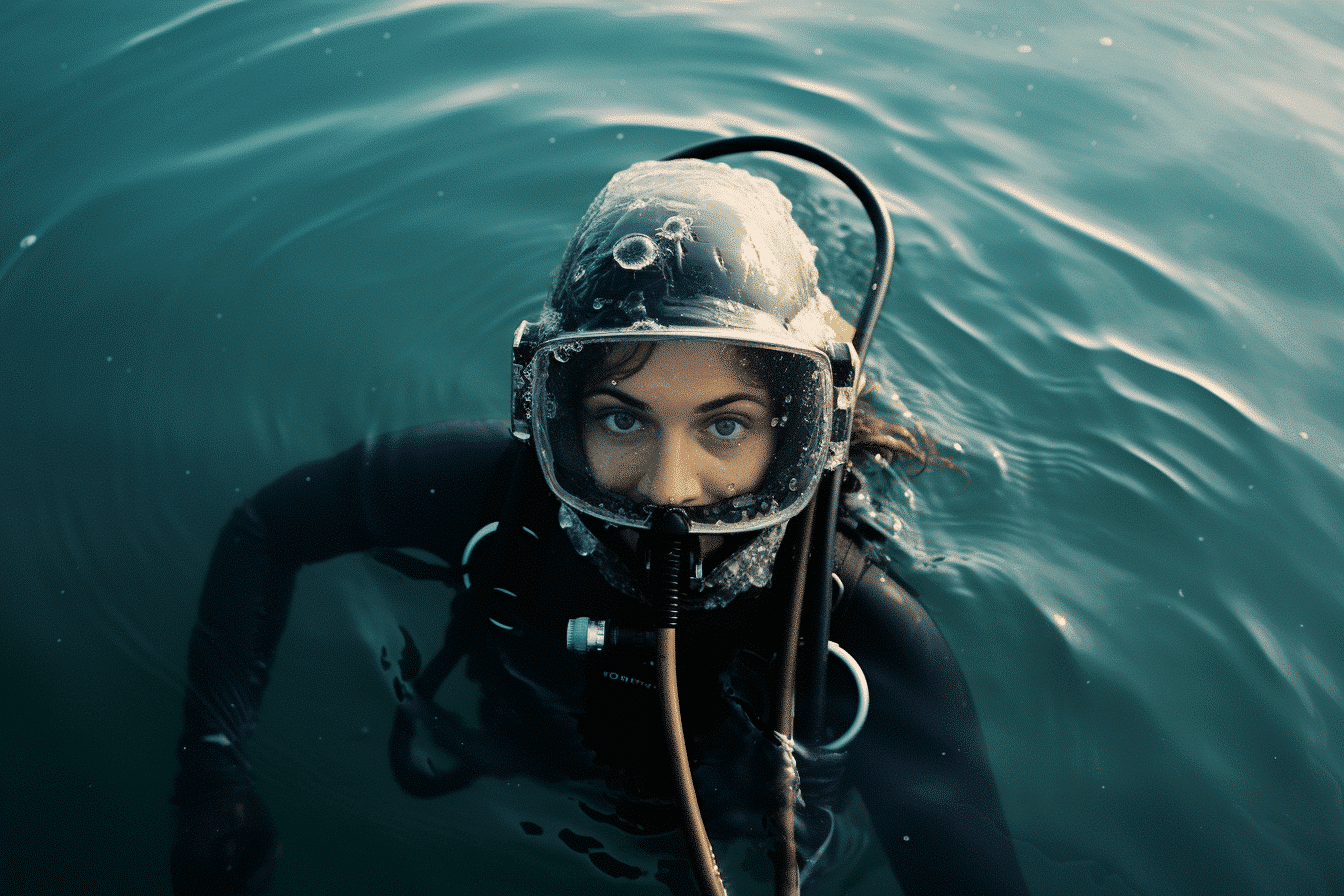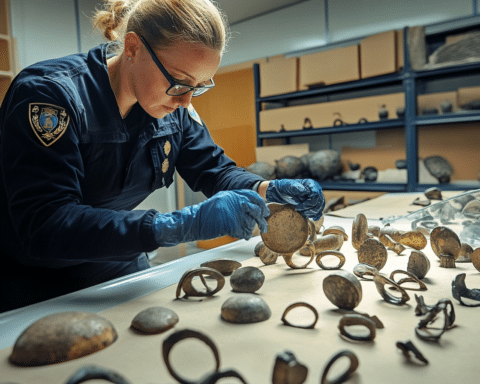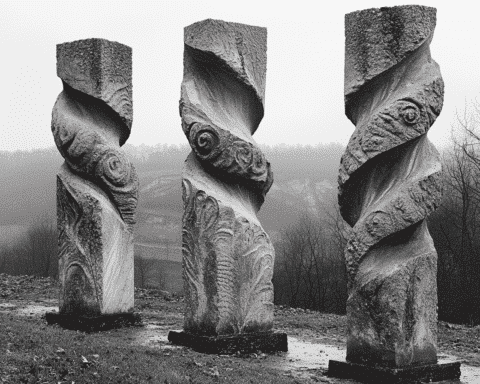In the spellbinding world of South Korea’s Jeju Island, a remarkable tradition lives on through the Haenyeo, women who dive into the ocean’s depths without scuba gear to harvest seafood. After spending days with these divers, photographer Peter Ash Lee showcases their unique lifestyle and the threats it faces in his photography book, “The Last Mermaid.”
One of the youngest Haenyeo, Ko Ryou-jin, a third-generation diver, voiced her concerns about the fading tradition to Lee. “Her biggest concern was that this tradition was ending,” Lee recounted to CNN. Ko’s profound words, “I’m going to be the last one. I’m the last mermaid,” became a poignant highlight of Lee’s work.
With an introduction from Ko, Lee’s book features portraits of these resilient women, capturing their day-to-day activities. It delves into the details of their work, from preparing for dives with durable, hand-repaired equipment to emerging from the sea with their catches. Close-up images offer a glimpse into the necessities of their job, like the rounded lead weights for descent and the marine life they encounter.
Lee’s connection to the Haenyeo stems from his childhood in South Korea and his desire to explore his heritage as a Korean American. His time with the Haenyeo included shared meals and observing their meticulous preparations, like checking blood pressure before dives. He noted the matriarchal solid society on Jeju Island, where women are the primary providers.
However, Haenyeo’s way of life has challenges. The climate crisis poses a significant threat, with warmer waters disrupting sustainable fishing practices. Ko shared that the rising temperatures have led to ecological imbalances, making their work more hazardous and less productive. Despite this, the Haenyeo are determined to maintain their traditional methods.
Jeju’s diving tradition dates back centuries, and its persistence through Korea’s turbulent history is a testament to Haenyeo’s resilience. But modern developments and changing attitudes pose a threat to its continuation. Ko’s efforts to recruit younger divers have seen some success, offering a glimmer of hope for this ancient practice.
Lee, planning an exhibition in Seoul, reflects on the importance of preserving this history. “It’s just amazing that there’s been this tradition that’s been around for over a thousand years,” he said, emphasizing the uncertain future of this enduring legacy.
“The Last Mermaid” is more than a collection of photographs; it’s a documentation of a fading world, a testament to the resilience of the Haenyeo, and a call to preserve an integral part of South Korea’s cultural heritage.




